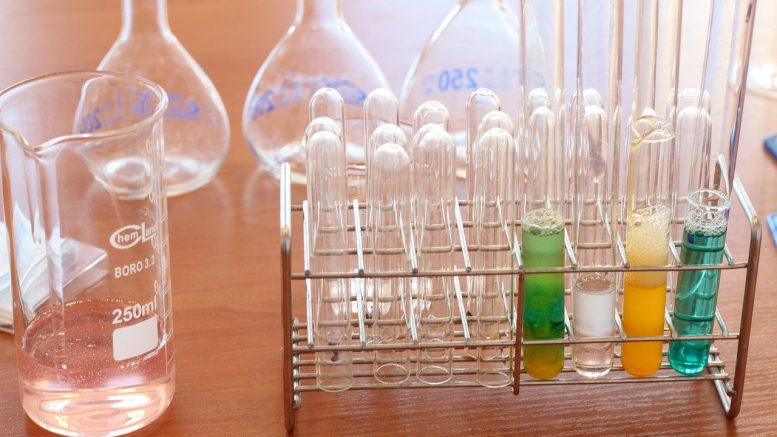On Friday, November 6, The FDA (U.S. Food and Drug Administration) reported about efforts of protecting patients from exposure to poor quality compounded drugs by finalizing insanitary conditions guidance. Protecting patients is a fundamental part of drug compounding program.
“While compounded drugs can serve an important role for patients whose medical needs cannot be met by an FDA-approved drug product, these drugs have not been reviewed by the FDA for safety, effectiveness or quality. The FDA through its oversight of compounded drugs strives to help improve the quality of compounded drugs and reduce risk to patients,” – The FDA said.
According to the federal law, a drug is considered adulterated if it is prepared, packed or held under insanitary conditions that could cause the drug to become contaminated with filth or rendered injurious to health. At these moment FDA investigators continue to observe poor conditions at compounding facilities that impact drug quality and have the potential to harm patients who use the drugs.
Insanitary Conditions Guidance
According to the FDA, insanitary conditions may result in patient harm or death by causing drugs to become contaminated with microorganisms, non-viable filth or the presence of unintended drug components.
These insanitary conditions include dirt, mold, insects, trash, peeling paint, unclean exhaust vents and dirty high-efficiency particulate air (HEPA) filters, among many other examples.
The List That FDA Formed:
- Visible microbial contamination
- Sources of non-microbial contamination, such as rust, glass shavings, hair or paint chips
- Compounding while construction is underway in adjacent areas
- Standing water or evidence of water leakage
- Handling hazardous or highly potent drugs such as hormones without adequate controls to prevent cross-contamination, such as segregation and containment, and appropriate cleaning of the production area and utensils
- Use of active and inactive ingredients that may have higher levels of impurities compared to compendial-grade equivalents
Compounding Process
Compounding is generally a practice in which a licensed pharmacist, a licensed physician, or, in the case of an outsourcing facility, a person under the supervision of a licensed pharmacist, combines, mixes, or alters ingredients of a drug to create a medication tailored to the needs of an individual patient.
“Because of these and other concerning examples we have witnessed, today we’re releasing a final guidance to further our efforts to help compounders identify and prevent insanitary conditions at their facilities. The final guidance provides recent examples of insanitary conditions that we’ve observed at compounding facilities and details corrective actions that facilities should take when they identify these conditions,” – The FDA commented.
Both traditional compounders and outsourcing facilities should take measures to avoid insanitary conditions. The Administration urge compounders to use this valuable resource to better understand insanitary conditions and take necessary actions to avoid such issues for the safety of the patients who receive their drugs.
“The FDA, an agency within the U.S. Department of Health and Human Services, protects the public health by assuring the safety, effectiveness, and security of human and veterinary drugs, vaccines and other biological products for human use, and medical devices. The agency also is responsible for the safety and security of our nation’s food supply, cosmetics, dietary supplements, products that give off electronic radiation, and for regulating tobacco products,” – published in the article.Ian F. Deveau, Ph.D., division director within CDER’s Office of Manufacturing Quality, advise individuals to know where your compounded medications are made. Talk to your doctor about any issues other patients may have experienced with the medication.





Be the first to comment on "FDA Is Finalizing Insanitary Conditions Guidance"